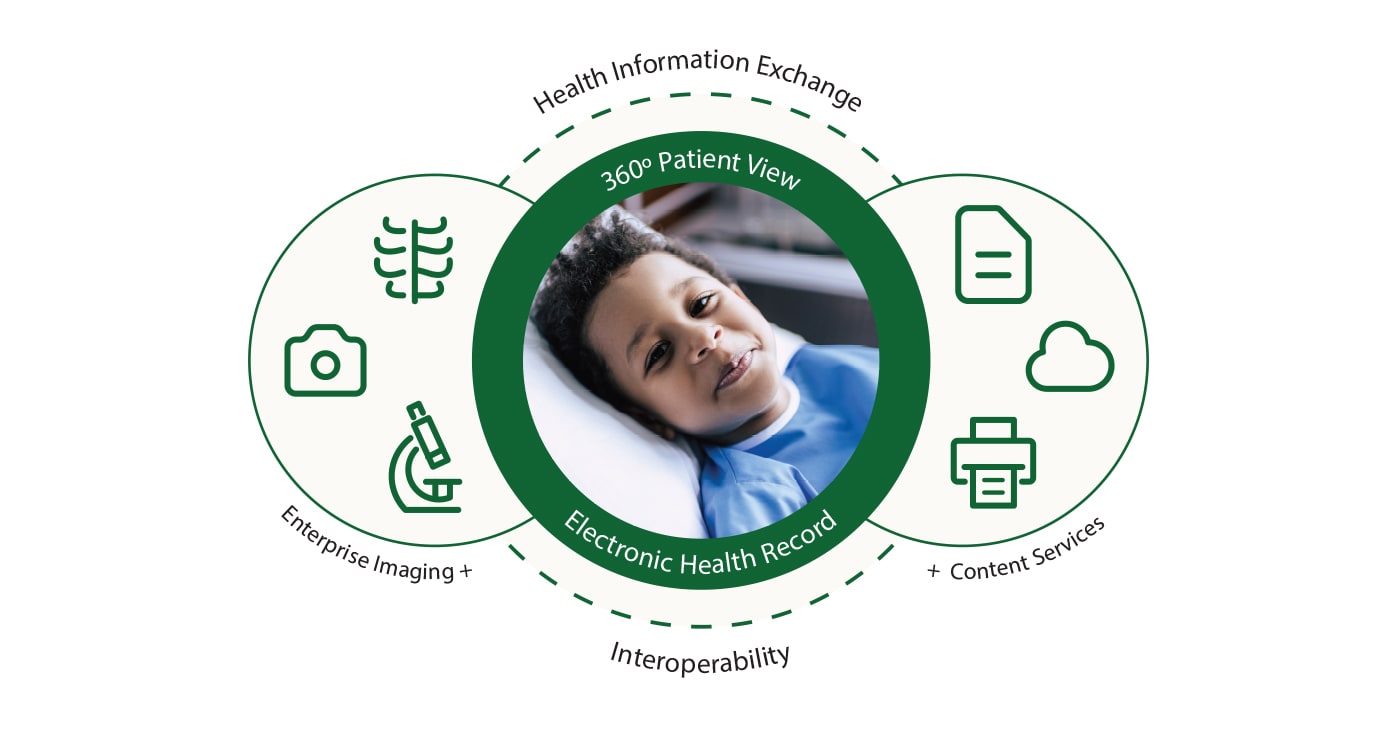Exactly How to Apply Healthcare RCM for a Smooth Revenue Cycle
Exactly How to Apply Healthcare RCM for a Smooth Revenue Cycle
Blog Article
Introducing the Benefits of Health Care RCM in Improving Performance and Accuracy in Income Cycle Monitoring
In the quickly progressing health care landscape, the importance of Income Cycle Administration (RCM) can not be overemphasized (Healthcare RCM). As doctor pursue accuracy and performance, RCM becomes a critical device in streamlining procedures, lessening errors, and enhancing economic outcomes. By integrating with Electronic Health and wellness Records and leveraging sophisticated innovations, RCM not just enhances administrative tasks however likewise improves the cases processing experience. This change holds the prospective to redefine economic efficiency and individual depend on. Yet, what are the certain devices driving these improvements, and exactly how can they be harnessed to their full capacity?
Streamlining Administrative Tasks

In enhancement, the assimilation of digital health records (EHR) with RCM systems helps with real-time information access and sharing, allowing medical care specialists to make enlightened decisions without delay. This interconnectedness not just enhances interaction in between administrative and scientific teams yet also boosts client contentment by lowering waiting times and payment discrepancies - Healthcare RCM. Moreover, structured management procedures enable much better compliance with regulative criteria, mitigating threats related to audits and fines
Eventually, the concentrate on refining administrative jobs in RCM brings about cost savings and enhanced financial efficiency. By spending in automation and maximizing process, health care organizations can attain a much more lasting revenue cycle, making certain lasting stability and the capacity to adapt to advancing market needs.
Enhancing Cases Handling
Exactly how can health care organizations improve the performance of their cases processing? The combination of sophisticated Earnings Cycle Administration (RCM) systems uses a durable option. By taking advantage of automation and sophisticated analytics, RCM systems simplify the facility and commonly troublesome claims refining tasks. Automation lowers hand-operated information entrance errors, makes sure conformity with the most recent billing codes, and speeds up the overall cases lifecycle from submission to repayment.
Additionally, real-time analytics play a pivotal role in enhancing claims refining efficiency. These analytics devices offer understandings right into bottlenecks and prospective rejections, allowing doctor to deal with issues proactively. Anticipating analytics can forecast patterns in claim denials, making it possible for preemptive steps to alleviate them, hence reducing the moment considered insurance claims to be refined and authorized.
In addition, the fostering of digital health and wellness records (EHR) integrated with RCM systems makes sure smooth data flow, lowering redundancies and enhancing the accuracy of information submitted in claims. A constant comments loop helped with by RCM systems better refines the process, fostering continual renovation.
Eventually, by leveraging technology-driven services in claims processing, medical care companies can boost operational performance, improve capital, and give a smoother experience for people and team alike.
Decreasing Economic Mistakes
Accurate financial management is vital see this in healthcare, where reducing monetary mistakes can considerably impact operational success. Monetary mistakes, whether because of incorrect billing, coding inaccuracies, or mismanagement of client accounts, can result in considerable profits loss and strained relationships with people and payers. Resolving these mistakes is crucial to keep a health care company's economic wellness and boost its reputation.
Health Care Income Cycle Monitoring (RCM) plays a critical function in reducing such mistakes via structured procedures. By executing standard treatments for invoicing, coding, and collections, healthcare service providers can guarantee that monetary transactions are handled with accuracy. Comprehensive training for personnel on existing coding policies and payment methods likewise decreases the likelihood of errors, ensuring cases are correctly refined and reimbursed.

Moreover, detailed audits and normal economic testimonials within the RCM framework permit for the early detection and correction of disparities. Guaranteeing accuracy in client data entrance and confirmation better mitigates mistakes, as this is usually a key resource of mistakes. By concentrating on these strategic locations, medical care companies can reduce monetary errors, consequently protecting their earnings streams and improving total functional efficiency.
Leveraging Advanced Technologies
In today's swiftly evolving medical care landscape, leveraging advanced innovations is important for enhancing Revenue Cycle Management (RCM) procedures. By incorporating innovative solutions such as expert system (AI), artificial intelligence (ML), and robot procedure automation (RPA), doctor can considerably boost the effectiveness and accuracy of their RCM procedures. These innovations aid in streamlining repetitive jobs, reducing hands-on mistakes, and enabling much faster processing of insurance claims.

Moreover, the assimilation of blockchain innovation enhances data security and openness within RCM (Healthcare RCM). It makes sure that delicate info is protected while preserving an unalterable document of deals. This is crucial for constructing count on with clients and stakeholders
Boosting Financial Performance
Building on the performances acquired via sophisticated innovations, health care providers can considerably boost their economic efficiency by fine-tuning their Revenue Cycle Management (RCM) strategies. By enhancing payment processes, minimizing case denials, and improving cash circulation, medical care organizations can attain much better monetary stability.
In addition, data analytics within RCM systems use valuable understandings into financial trends and functional bottlenecks. By leveraging these insights, doctor can make enlightened decisions to boost economic end results, such as readjusting payment methods or renegotiating payer agreements. Improved accuracy in coding and documents further reduces insurance claim denials and audits, cultivating a smooth revenue cycle.
Additionally, client interaction devices incorporated within RCM systems boost client satisfaction by providing transparent payment info and flexible payment alternatives. This transparency not just boosts patient-provider partnerships however also encourages prompt repayments, lowering superior receivables.
Conclusion
Health Care Profits Cycle Monitoring substantially optimizes efficiency and accuracy by improving management jobs and improving claims processing. With the decrease of monetary errors and the assimilation of advanced innovations such as AI and anticipating analytics, RCM helps with conformity with payment codes and offers important insights right into economic trends. This systematic technique not just minimizes prospective insurance claim denials yet also boosts monetary efficiency, therefore fostering trust fund and transparency with clients and stakeholders within the healthcare system.
As medical care providers make every effort for precision and effectiveness, RCM emerges as a critical tool in enhancing procedures, lessening mistakes, and boosting financial end results.Simplifying administrative jobs in healthcare revenue cycle management (RCM) offers substantial advantages by improving functional effectiveness and minimizing the concern on staff.Healthcare Earnings Cycle Management (RCM) plays a critical function in reducing such mistakes through structured procedures.In today's rapidly progressing medical care landscape, leveraging innovative innovations is important for optimizing Earnings Cycle Administration (RCM) processes.Structure on the performances acquired with sophisticated modern technologies, health care companies can significantly boost their why not look here monetary efficiency by fine-tuning their Earnings Cycle Administration (RCM) methods.
Report this page